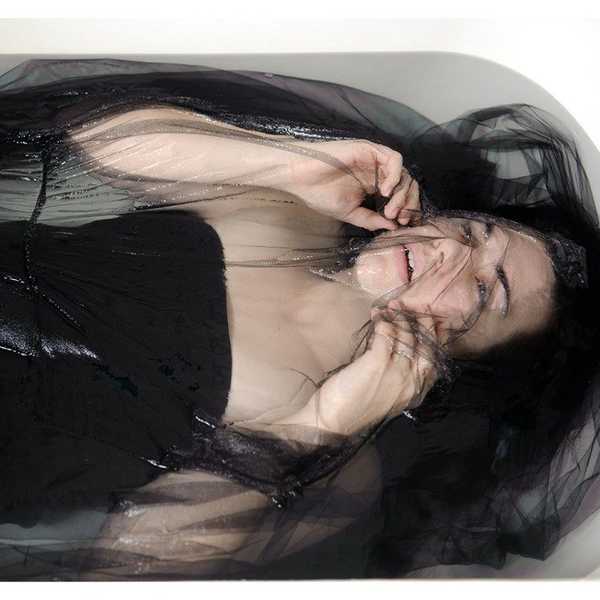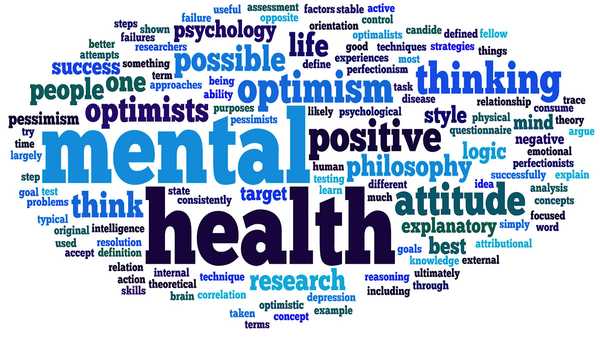I am not a professional or qualified in any medical sense to give advice on mental disorders. If you want to have professional health I will put links to finding a therapist and rules for therapy in the bottom of this article!
Over the past few years, I have been dealing with heavy anxiety and depression. It has only been two months since I have been properly diagnosed with a mental disorder, PTSD. It has been one of the hardest things I have ever had to go through, but I have learned some very important things along the way.
1. Seek information.
Before I knew what was going on in my brain, I used to watch Kati Morton on Youtube. She explained what to do if you are feeling these waves of emotion and you want some answers. She even simulated a first therapy appointment with another Youtuber. This is close to the experience I had with my first therapy appointment. Finding Youtubers or information online that has recovery options is do helpful in the long run. I researched things like "how to keep my anxiety under control." From here I learned to meditate, journal, and even how to tell my loved ones about my issues effectively.
2. Therapy, therapy, therapy.
Therapy is one the best tools to conquering mental health. Therapy can be scary. Trust me, I understand. The first day is a lot of questions that can be hard to answer. Some questions I didn't even know the answer to, but with a good therapist (one that you are comfortable with) honesty can help them find the source of the problem. A therapist will put together a treatment plan and give you a diagnosis of your mental health. This also may include medication if you are willing to take that step. My only recommendations are to make sure you are totally comfortable with your therapist and to be one hundred percent honest.
3. Find other people with the same issue.
After I was diagnosed, I felt like the only person in the world with this issue. That is not true. I found tons of videos about PTSD and other people's experience. There is something therapeutic about listening to other's with the same mental disorder as you. Sometimes, I would feel trapped in my own head for days on end. I watched a video about PTSD and they felt the exact same way. It was so relieving to know that it wasn't only me and that it isn't my fault. It is my disorder.
4. Find outlets.
Finding outlets is a good way to get out of your own head. For me, it is painting. I will sit down and paint anything as long as I can be free of thought for thirty minutes. I also use my time to play with my dogs. Focusing on something else, other than the way you are feeling, relieves anxiety and depressive thoughts. Other examples of this can be, journals, meditation, playing video games, etc.
5. Acceptance
The best thing you can do for yourself is to accept that this is a part of you. I am Maggie and I have PTSD. I didn't do this to myself. It was the life I was given and the best I can do is focus on making life great for myself. To do that, I need to know how to properly communicate my emotions, seek help, and seek understanding. I am constantly telling my loved ones my triggers so we can work together to solve my PTSD and make it flare up as little as possible. I have PTSD and that will not change, but with a mental disorder life can still be amazing.
Here is some light reading for anyone interested in therapy and mental wellness:
- What to know before you start therapy: http://thesaltcollective.org/7-things-know-therapy...
- 50 signs of good therapy: http://www.goodtherapy.org/blog/50-signs-good-ther...
- Kati Morton: http://www.katimorton.com/ , https://www.youtube.com/user/KatiMorton




















